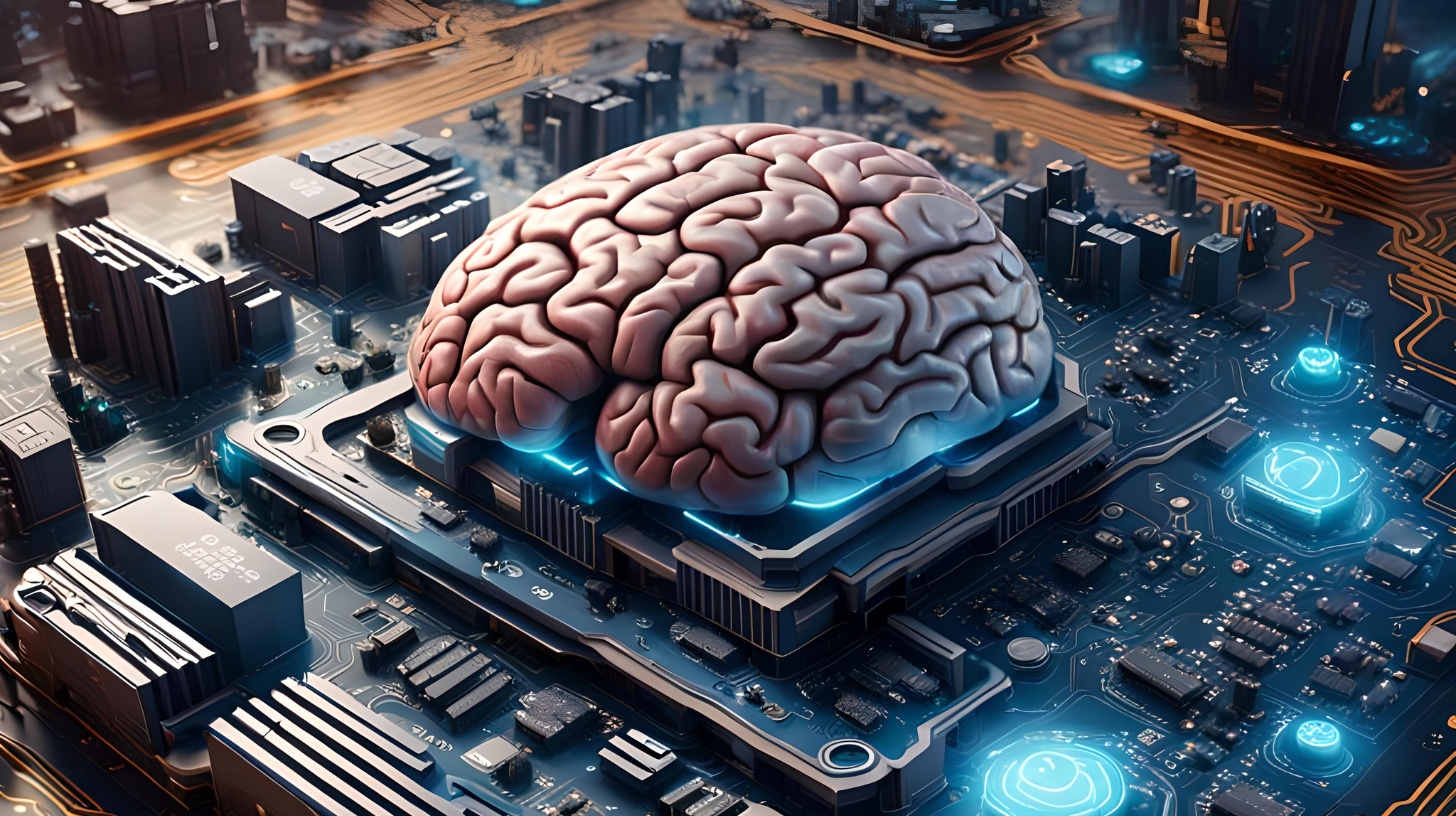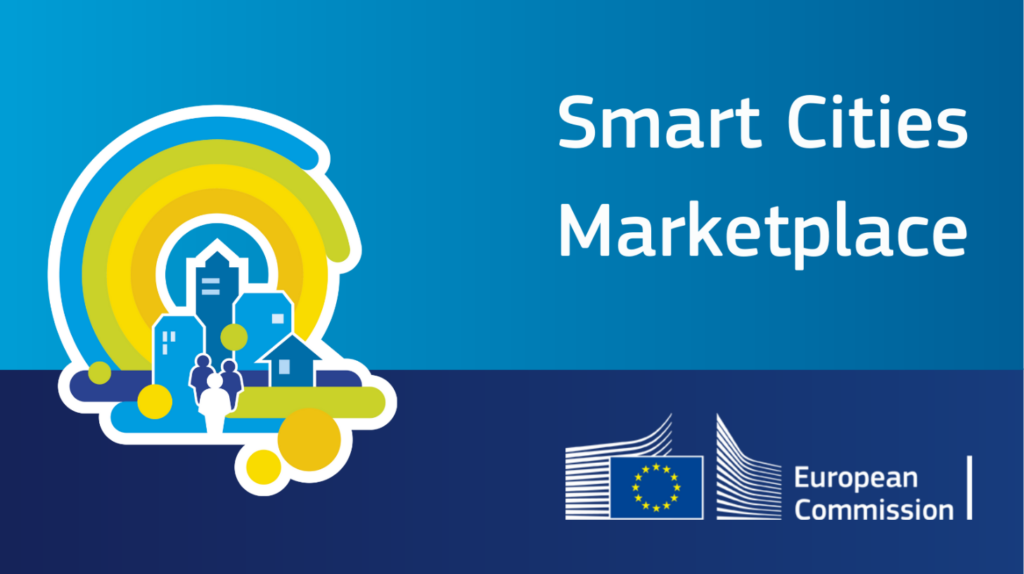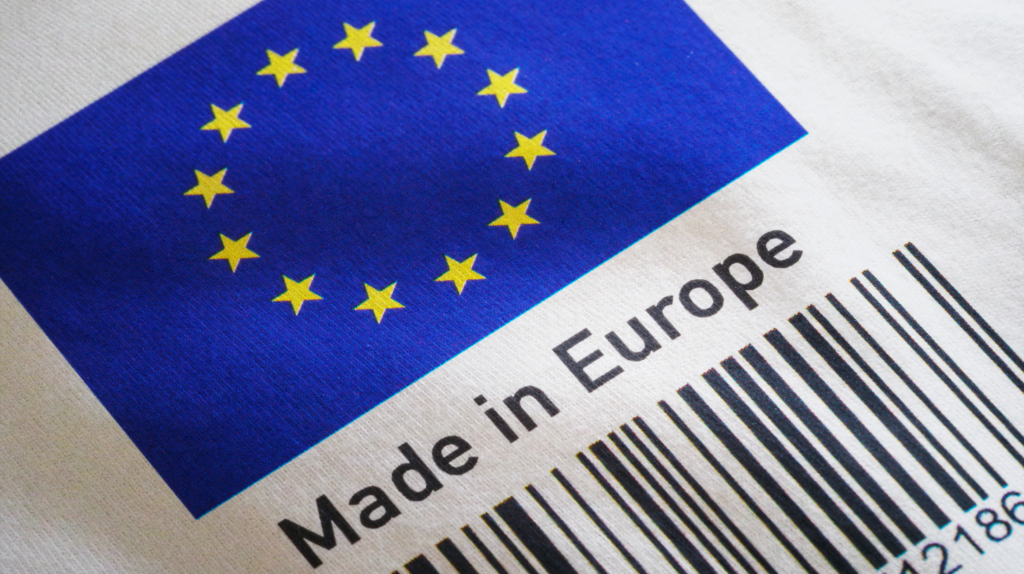The Green Cities consortium developed the blog post “Smart Economy: Trends and Innovations” under the EU-Funded Project Youth Participation for Developing Sustainable Green Cities (reference number: 2022-1-DE04-KA220-YOU-000085135). L4Y Learning for Youth GmbH is leading the project alongside partners Citizens in Power, Toplum Gönüllüleri Vakfı, Kean, Walktogether, and Kaán Károly Környezetvédelmi Egyesület.
This blogpost is based on the training content developed for the Green Cities project. For more content like this, click here. If you would like learn more about the topic, we suggest enrolling in our free online training course. In the platform, you will also find the full list of references and extra suggested reading material.
To keep up to date, follow our YouTube Channel, as well as our X and Instagram social media pages.
Introduction
In an era defined by unprecedented technological advancements, the concept of a smart economy is becoming increasingly relevant. This post explores the various trends and innovations shaping the future of the smart economy. According to recent studies, the global smart economy is projected to reach a staggering valuation of over $27 trillion by 2025, with key sectors such as artificial intelligence, IoT, and blockchain poised to drive significant growth and disruption.
Key Trends Shaping the Future of the Smart Economy
Artificial intelligence (AI) is at the forefront of the smart economy, transforming daily life and potentially generating $13 trillion in economic activity by 2030. AI-driven solutions enhance efficiency, drive cost savings, and foster personalization. From predictive analytics to autonomous systems, AI is creating new opportunities for innovation and productivity.
Meanwhile, the Internet of Things (IoT) is revolutionizing how we interact with our environment. Connecting billions of devices and sensors, IoT creates a vast network of interconnected systems. IDC estimates global IoT spending will surpass $1.1 trillion by 2023, driven by investments in smart cities, connected vehicles, and industrial IoT applications. Consequently, IoT technologies optimize processes, improve resource utilization, and enable data-driven decision-making on an unprecedented scale.
Moreover, at the heart of the smart economy lies blockchain technology, which promises to revolutionize value exchange, transaction verification, and trust in digital ecosystems. MarketsandMarkets projects the global blockchain market will grow to over $39 billion by 2025. Blockchain’s decentralized and immutable ledger streamlines operations, mitigates risks, and enhances transparency across the value chain.
Innovations Driving the Future of the Smart Economy
Innovations such as smart cities and advancements in healthcare are also crucial. Smart cities use intelligent transportation systems and energy-efficient infrastructure to improve urban living. These initiatives reduce congestion, improve air quality, and enhance public safety, making urban environments more livable and sustainable. Additionally, technological advancements in healthcare make it more accessible, personalized, and efficient. Telemedicine and wearable health devices empower patients and healthcare professionals, leading to better outcomes and experiences.
Conclusion
In conclusion, as we explore the future of the smart economy, it becomes evident that we stand at the brink of unprecedented opportunities and challenges. The convergence of artificial intelligence, IoT, blockchain, and other emerging technologies is reshaping our society, paving the way for a more connected, efficient, and sustainable future. However, realizing the full potential of the smart economy requires concerted efforts from all stakeholders, including businesses, governments, and individuals.













